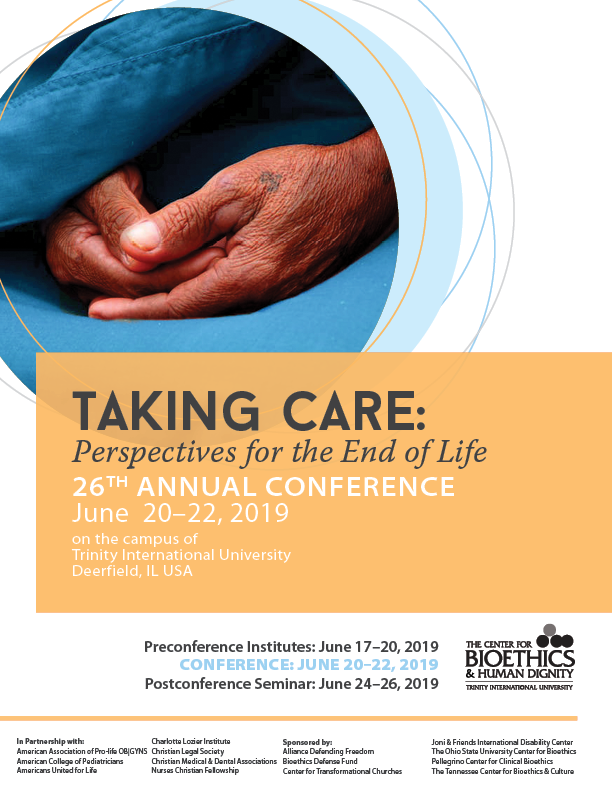
A growing number of individuals live with an Opioid Use Disorder (OUD). While many go on to recover from such disorders, certainly there will be individuals in palliative care at some point who still suffer with OUD. One of the major barriers to palliative care for individuals recovering and currently suffering from an OUD is the stigma related to having an OUD. Therefore, in the context of palliative care it is important to understand the relationship that exists between palliative care, OUDs, and how stereotypes related to substance use disorders affect patient engagement in palliative care. For this paper, the focus will be on how stereotypes affect pain management in palliative care for persons with an OUD. A review of current literature regarding OUDs and pain management indicates a need for care specific to the needs of those in palliative care who formerly and/or currently suffer from an OUD in order to avoid relapse or worsening of their affliction while still managing their pain. The striking lack of knowledge and resources regarding opioid use disorders and their treatment indicates a need to strengthen/increase resources for physicians to educate on treating OUDs as well as alternatives for pain management. Finally—and perhaps most importantly—it is important to emphasize person-centered care so that individuals with an OUD are treated fairly, with humanity and dignity.